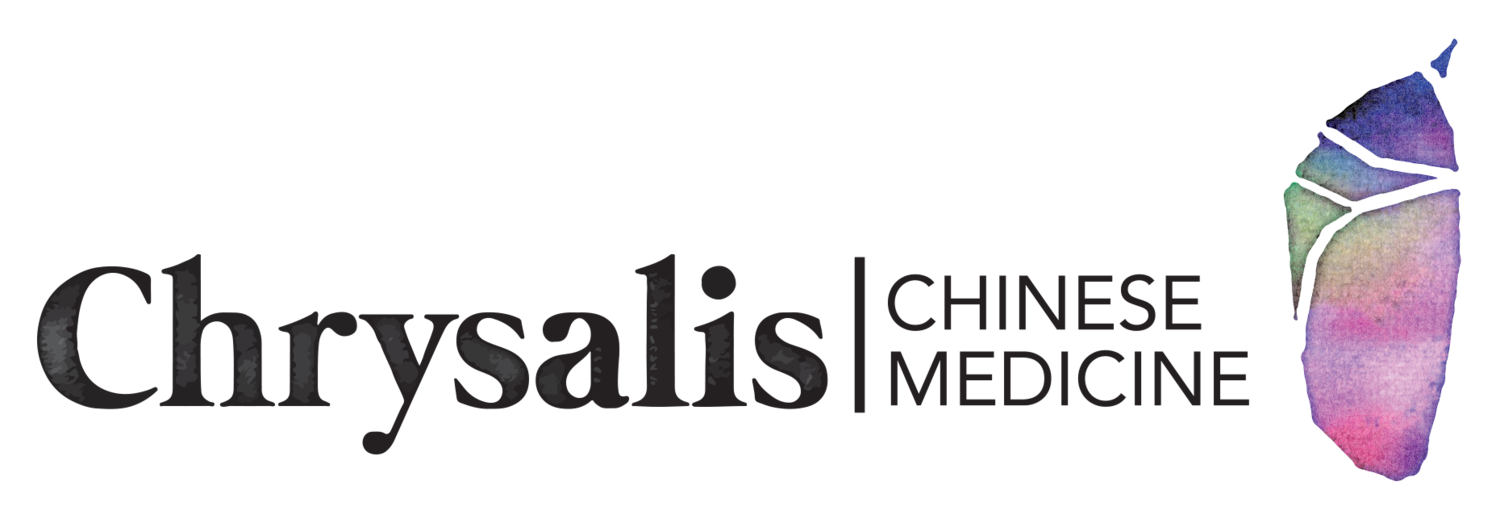Food as Medicine: Korean Marinated Eggs with a TCM Twist
/Transform your kitchen into a healing sanctuary with this simple yet powerful recipe: Korean Marinated Eggs (Mayak Eggs). Rooted in Traditional Chinese Medicine (TCM), this dish not only delights the palate but also harmonises the body's energies.
Understanding Food Energetics in TCM
In TCM, food is more than sustenance; it's a form of medicine. Each ingredient possesses unique properties—temperature, flavour, and organ affinity—that influence our health. By mindfully selecting and combining foods, we can support our body's balance and vitality.
Korean Marinated Mayak Eggs Recipe
Ingredients:
6 soft-boiled eggs (cooked for 7 minutes, then cooled under cold water & peeled)
1/2 cup soy sauce
1/2 cup water
1/4 cup honey
4 cloves garlic, finely chopped
1 red chili, sliced, and deseeded (unless you like a stronger spice kick!)
1 spring onion, finely sliced
1 tablespoon toasted sesame seeds (white or black or both!)
Instructions:
In a jar or container, combine soy sauce, water, honey, garlic, chilli, and spring onion to create the marinade.
Add the peeled eggs, ensuring they are fully submerged.
Refrigerate for at least 6 hours, preferably overnight, to allow the flavors to meld. They can stay in this marinade for days, and you can just pick them out as needed.
Serve the marinated eggs over rice, noodles, congee, or enjoy them on their own.
A Closer Look at the Ingredients — From a Chinese Medicine Perspective
In Traditional Chinese Medicine, each food has an energetic profile — a flavour, temperature, and organ affinity — that guides how it influences the body. Here’s how each element of this dish can support (or challenge) your system.
Eggs
Eggs are considered sweet and neutral and they have an affinity for the Heart, Kidney and Liver. Energetically, they nourish Blood and Yin, support the Essence (our deeper energy), and calm the spirit. Eggs are deeply nourishing, especially for those feeling depleted, run-down or needing to rebuild their reserves after stress, illness, or blood loss.
Suitable for: People recovering from illness, blood deficiency, fatigue, Yin deficiency
Avoid or moderate in: People with significant Dampness, Phlegm, or weak digestion (Spleen Qi deficiency)
Soy Sauce
Soy sauce is salty and cooling, and has an affinity for the kidney and stomach. It harmonises digestion, moistens dryness, softens hardness with its salty nature, and nourishes yin.
Suitable for: People with Yin deficiency, internal Heat, or dry constitutions
Avoid or moderate in: Cold constitutions, Spleen Qi deficiency, or excess Dampness
Garlic
Garlic is pungent and hot, and has an affinity for the Lung, Spleen and Stomach. It dispels cold, resolves toxicity, moves stagnant Qi or energy, and supports immunity. Garlic is a warming herb that boosts the body’s defences and keeps things moving - especially helpful in cold seasons and for digestive sluggishness!
Suitable for: Cold-type digestive issues, early-stage colds, sluggish metabolism
Avoid or moderate in: Yin deficiency, chronic Heat conditions, or with internal dryness
Chilli
Chilli is pungent and hot, and has an affinity for the Heart, Lung and Stomach. It vigorously warms the interior, moves Qi and Blood, and strongly disperses Cold. Chilli really wakes up the whole system and gets circulation flowing - great in moderation for those who tend to feel cold or stuck.
Suitable for: Yang-deficient types, cold hands/feet, people who feel stagnant or sluggish
Avoid or moderate in: Yin deficiency, Heat signs, red face, irritability, or inflammation, perimenopause.
Spring Onion
Spring Onion is pungent and warm, and has an affinity for the Lung and Stomach. It releases the exterior (making it great for early stage cold/flu), moves Qi and supports digestion. Although a kitchen staple, this is also a frontline herb for early stage colds!
Suitable for: Early colds, digestive sluggishness, Qi stagnation
Avoid or moderate in: Excess Heat or Yin deficiency
Sesame Seeds
Sesame seeds are considered sweet and neutral, and they have an affinity for the Liver, Kidney and Large Intestine. They nourish blood and yin, tonify the Liver and Kidneys and moisten the intestines. Black sesame seeds especially are known to be the more tonifying and nourishing of the two.
Suitable for: Dry skin, hair loss, post-partum recovery, iron deficiency, constipation from dryness
Avoid or moderate in: Loose stools, weak digestion, Dampness
Honey
Honey is sweet and neutral, and has an affinity for the Lung, Spleen, and Large intestine. Honey is harmonising to other ingredients, it tonifies Qi, moistens dryness, and calms the spirit. It has a gentle, harmonising effect on food, mind, and body.
Suitable for: Dry cough, constipation, Spleen Qi deficiency, emotional tension
Avoid or moderate in: Excess Dampness or phlegm, loose stools
Putting It All Together
When combined, these ingredients form a dish that warms the middle, nourishes Yin and Blood, supports circulation, and gently moves Qi — while being incredibly satisfying and versatile.
This dish may be especially helpful for:
People recovering from fatigue or illness
Women in the postpartum phase
Those with cold, sluggish digestion or low energy
Anyone needing a comfort food that doesn’t weigh them down
Not ideal (or be cautious with how much you have - they’re pretty moorish!) for those with:
Heat signs (irritability, red face, night sweats, inflammation)
Loose stools or significant Dampness
Yin deficiency with Heat (dry mouth, hot flushes, insomnia) — though it can be modified!
Whether you’re looking to support your digestion, nourish your Yin and Blood, or simply enjoy a deeply satisfying snack, Korean Marinated Mayak Eggs are a beautiful example of how food can be both medicine and joy. If you give this recipe a try, I’d love to hear how you felt afterwards — did you notice a shift in your energy, mood, or digestion?




